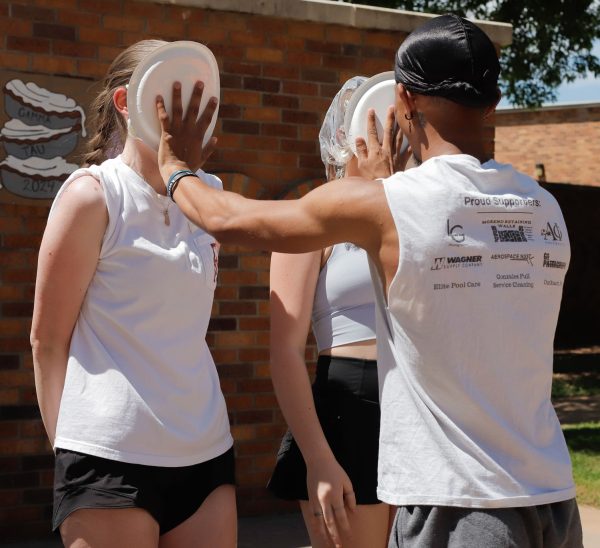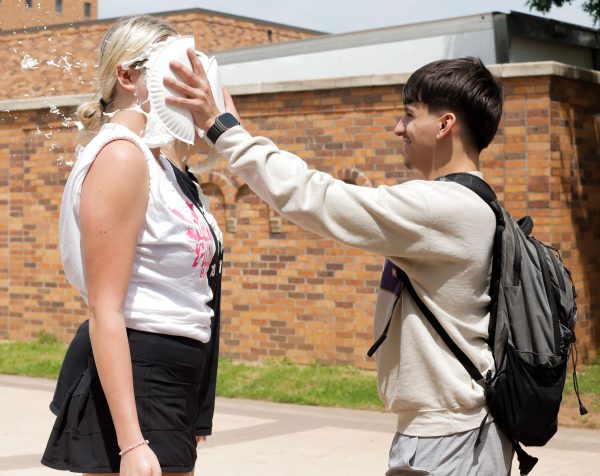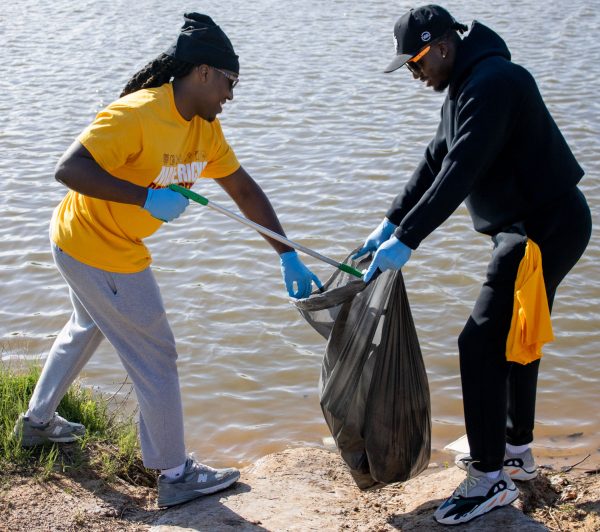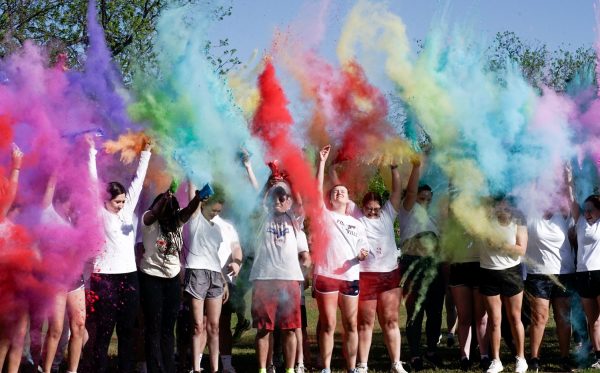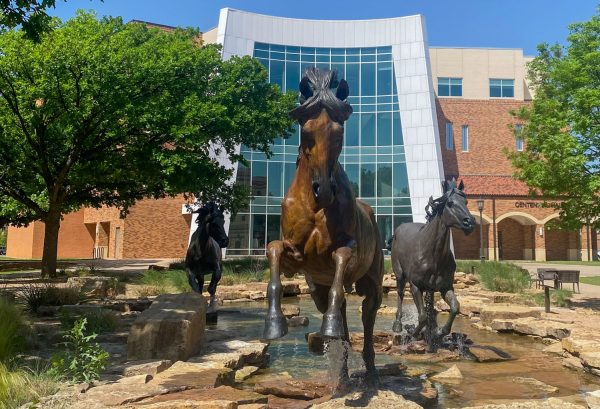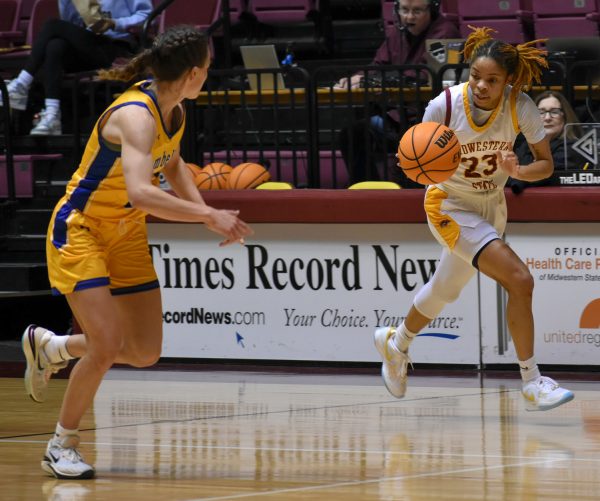Being involved on campus gives students memories, skills
Whether it is joining an organization on campus, pledging for Greek life, or trying out for a position in the band, student involvement is what helps the students gain skill sets for future careers and make the college life a memorable experience.
According to Keith Lamb, vice president of student affairs, research shows that students who are involved on campus persist at a higher level, have a better retention rate from semester to semester, have better GPAs, and they graduate at a higher percent.
Lamb said with the diversity of the 117 student organizations there are on campus, there is something for everyone. He said this campus does a good job of having organizations that focus on sharing healthy values and healthy habits.
“I didn’t want to close myself up, I wanted to expand my knowledge and get to know people,” Kelsey Merino, Alpha Phi Gamma Omega sorority member, historian for the organization of hispanic students and economics freshman, said. “I believe student involvement matters because I feel like the more you are involved with the school the less bored you are and the more you can enjoy your college experience,”
Collins said aside from giving students something to do outside of the classroom, leadership roles and projects can easily translate into marketable skills to get a job following college.
“Nation wide trends show that students who are involved on campus graduate and retain better. It [being involved] provides an opportunity for students to kind of find their home in an institution,” Collins said.
Madison Orth, public relations officer for the Cinema Club and management freshman, said, “I like being involved because it helps me meet people who have common interests and joining clubs gives me a good idea of what I like and don’t like.”
Lamb said being involved helps students with self governance, peer accountability, leadership and time management skills. He said it also provides students with social support, support groups, and informal resources, like creating connections with people.
“If it wasn’t for those organizations, I probably wouldn’t have the friends that I do now. I feel like I’ve met a lot of people, I’ve made a lot of connections and connections are always good to have for jobs and future references,” Merino said.
Daycee Duncan, Priddy scholar, percussionist for the band, and computer science junior, said he highly recommends for anybody to be involved and join an organization because it helps students meet people, he used to be very shy and didn’t talk to many people and now he talks to everyone he sees.
“I decided to be involved to meet new people, have fun, and I enjoy music so I try to take leadership with the marching band, I step up and take responsibility, same thing with percussion and assemble,” Duncan said.
Duncan said with being involved most of the time, students can work on how to be a leader and then end up taking a leadership position where they learn social skills and teammate skills. Students can gain important skills by being involved that will be good for work or anything after college.
Lamb said involvement is incredibly important for success but it needs to be in moderation. Sometimes being too involved affects students grades, health and wellbeing.
“If you get over involved you start neglecting your study and wellness. Wellness affects your ability to succeed academically, [your] emotional health is important too. And when I say wellness I mean over-involved students don’t get enough sleep, or they don’t eat correctly, and stress themselves out too much because now they have too much to do. That is unhealthy behavior,” Lamb said.
According to Collins the downfall is when students get too involved or too plugged in, students lose sight of why they are in college — to get a degree.
“Sometimes it’s so time consuming that you probably don’t have time to do your homework or you don’t have time to get a job or do other things that you really need,” Merino said. “There were a couple times where I did struggle just to manage things, but honestly it never took a toll on my grades. It was just hard to juggle everything at the same time.”
Lamb said sometimes there are barriers that restrict students from becoming involved. Regardless of students’ level of involvement, Lamb encourages students to get involved somehow, whether it be forming a close group of friends in the residence halls, attending campus events, working on campus, or joining a student organization.
Serenity Davis, nursing sophomore, said she worked almost every day last semester, so between work and her classes she didn’t have time to be involved. Instead she used her time wisely on her school work.
“The ways not being involved affects me is I don’t know a lot of people and I don’t know a lot about what’s going on on campus, so I sort of miss out on all of the experience and all the fun,” Davis said.
“If they’re [students] not involved, start with one organization,” Collins said. “Start with something related to your major or something that you love and kind of see how that works. Take opportunities to develop programming leadership roles just to get yourself out there and meet more people,” Collins said.



